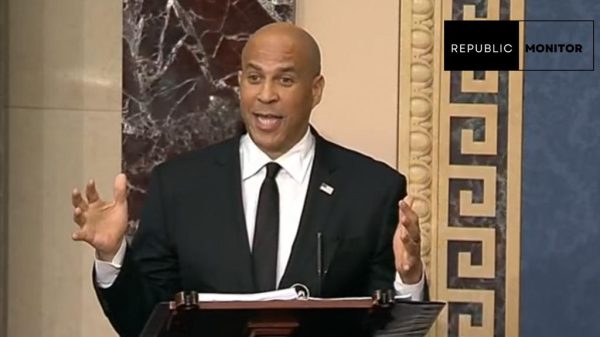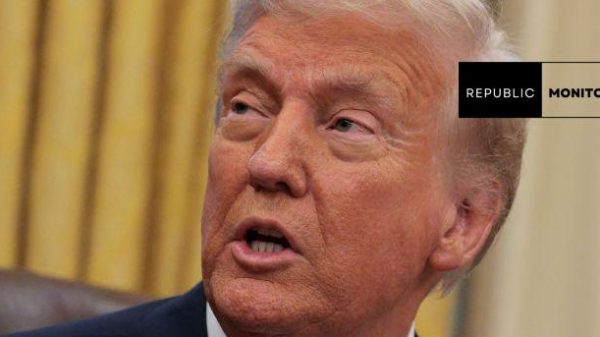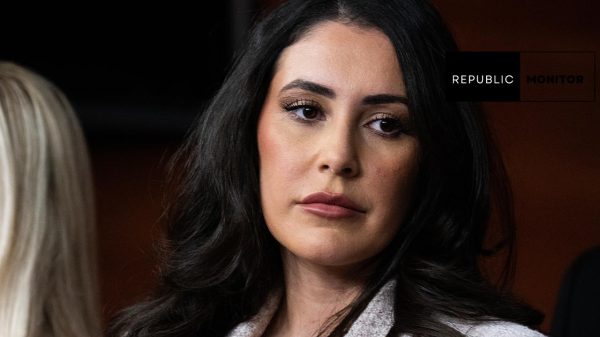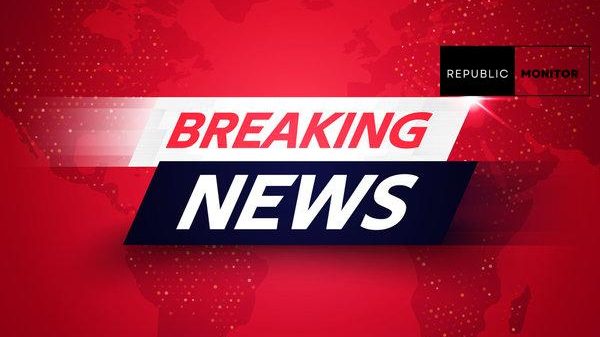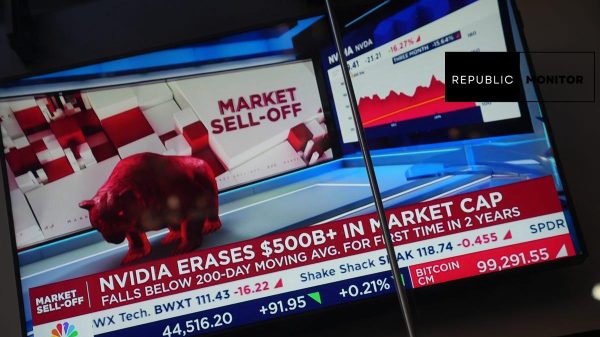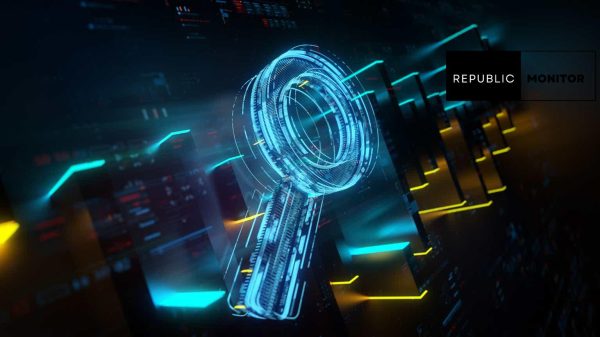In the face of a looming deadline, less than 1% of Illinois gun card holders have registered their assault weapons as mandated by the controversial Protect Illinois Communities Act. The law, which prohibits the possession and sale of certain firearms like AK-47s and AR-15s, requires existing owners to register their weapons with the Illinois State Police to remain in compliance. With only 4,089 individuals out of 2,415,481 gun card holders having registered their assault weapons, tensions are escalating as the January 1, 2024, deadline approaches.

“Controversy Surrounds Illinois Assault Weapon Registration as Deadline Approaches”
The Protect Illinois Communities Act has sparked considerable debate, with gun owners expressing reluctance to comply with what they see as an infringement on their Second Amendment rights. Steven King, owner of Metro Shooting Supplies in Belleville, Illinois, and Bridgeton, Missouri, voiced the concerns of many gun owners, arguing that law-abiding citizens who legally obtained their firearms are being targeted. King emphasized that these individuals had undergone background checks during the legal purchase process.
Illinois Governor J.B. Pritzker’s office remains steadfast in its support of the law, asserting that gun owners must register their firearms by the deadline or face legal consequences. The Governor’s office conveyed confidence that the majority of gun owners would comply with the registration requirements. However, critics argue that the sheer number of non-compliant gun owners poses a significant challenge for law enforcement agencies.
Law enforcement agencies in Southern Illinois, particularly those in the Metro East region, have expressed reservations about the law. Monroe County Sheriff Neal Rohlfing previously stated that he does not anticipate individuals in the criminal element willingly registering their firearms. This skepticism has been echoed by several law enforcement officials who question the practicality of enforcing the registration law.
The potential consequences for non-compliance are severe, with violators facing fines of up to $25,000 and the possibility of imprisonment. Despite these penalties, there is a growing sentiment among gun rights advocates that the U.S. Supreme Court could intervene and overturn the Protect Illinois Communities Act in the coming year.
Edwardsville resident Mike Krewson, while expressing disappointment in the low compliance rate, voiced his belief in the majority of citizens being law-abiding. Krewson’s sentiments highlight the complex nature of the issue, with both supporters and opponents of the law emphasizing their commitment to public safety and individual rights.
As the deadline draws near, the standoff between gun owners and the state government continues, setting the stage for potential legal battles and a deeper examination of the intersection between gun control measures and individual liberties. The outcome of this controversy will likely have implications for similar debates unfolding across the United States on the balance between public safety and constitutional rights.

